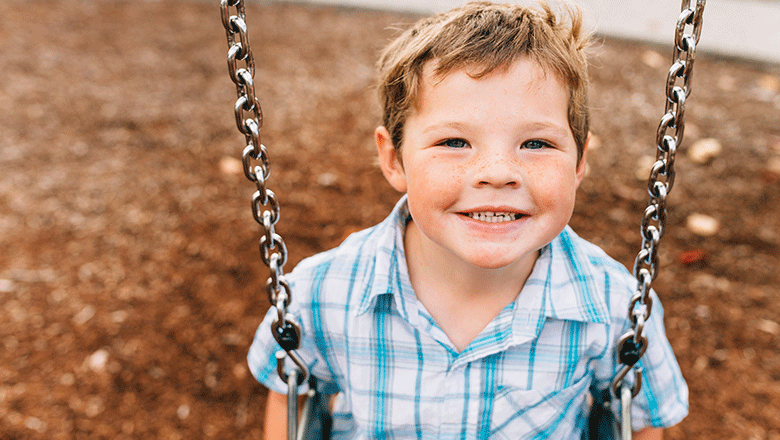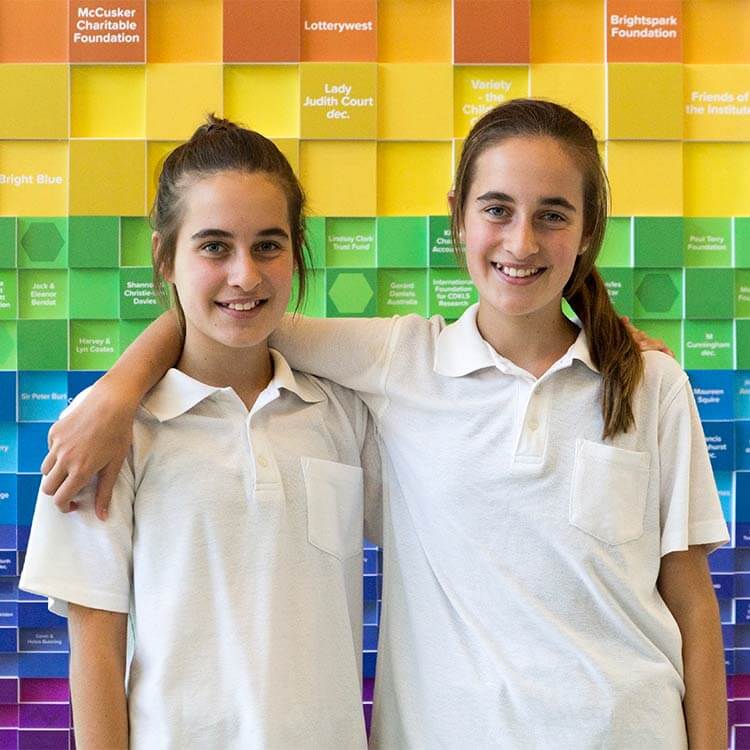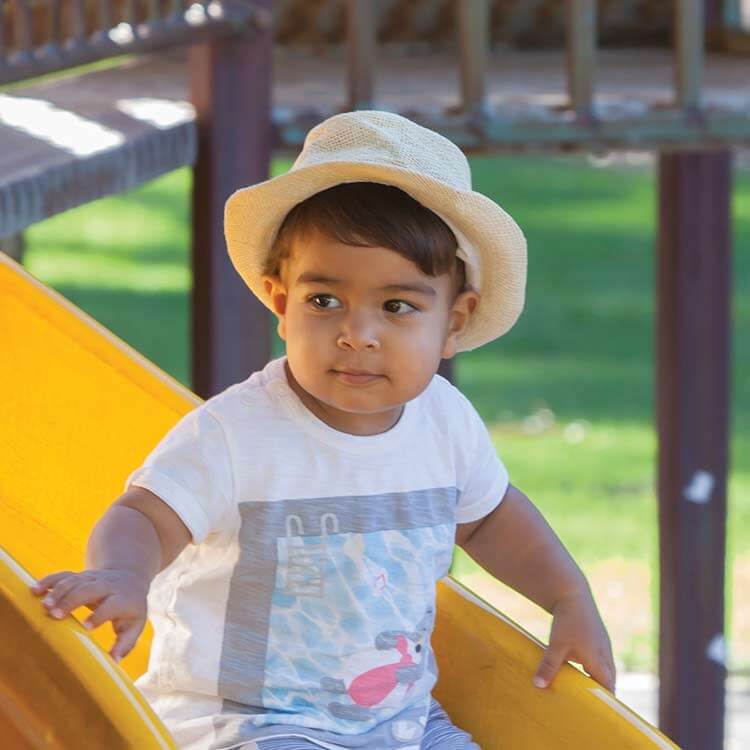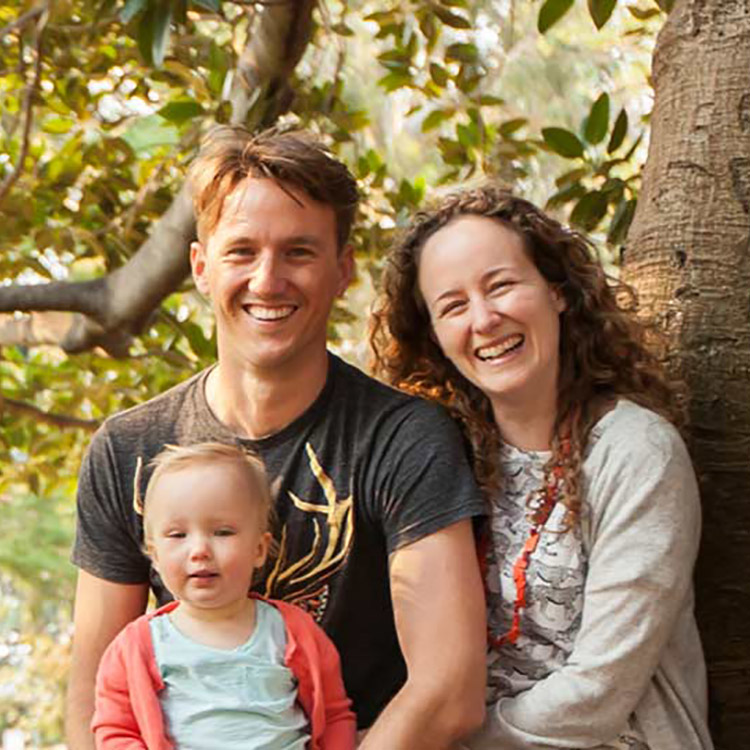Search
Research
Neonatal high-frequency oscillatory ventilation: where are we now?High-frequency oscillatory ventilation (HFOV) is an established mode of respiratory support in the neonatal intensive care unit. Large clinical trial data is based on first intention use in preterm infants with acute respiratory distress syndrome. Clinical practice has evolved from this narrow population. HFOV is most often reserved for term and preterm infants with severe, and often complex, respiratory failure not responding to conventional modalities of respiratory support.
Research
The psychosocial impact of childhood dementia on children and their parents: a systematic reviewChildhood dementias are a group of rare and ultra-rare paediatric conditions clinically characterised by enduring global decline in central nervous system function, associated with a progressive loss of developmentally acquired skills, quality of life and shortened life expectancy. Traditional research, service development and advocacy efforts have been fragmented due to a focus on individual disorders, or groups classified by specific mechanisms or molecular pathogenesis.
Research
Early life predictors of obstructive sleep apnoea in young adults: Insights from a longitudinal community cohort (Raine study)Obstructive sleep apnea (OSA) increases the risk of perioperative adverse events in children. While polysomnography (PSG) remains the reference standard for OSA diagnosis, oximetry is a valuable screening tool. The traditional practice is the manual analysis of desaturation clusters derived from a tabletop device using the McGill oximetry score. However, automated analysis of wearable oximetry data can be an alternative. This study investigated the accuracy of wrist-worn oximetry with automated analysis as a preoperative OSA screening tool.
Research
Experience of primary caregivers in utilising an mHealth application for remote dental screening in preschool childrenThis study aimed to address the acceptance of mHealth applications for a dental screening app that facilitates patient information entry and captures dental photos remotely to assist in caries diagnosis in preschool children in Australia.
Research
Oscillometry and spirometry are not interchangeable when assessing the bronchodilator response in children and young adults born pretermThe European Respiratory Society Oscillometry Taskforce identified that clinical correlates of bronchodilator responses are needed to advance oscillometry in clinical practice. The understanding of bronchodilator-induced oscillometry changes in preterm lung disease is poor. Here we describe a comparison of bronchodilator assessments performed using oscillometry and spirometry in a population born very preterm and explore the relationship between bronchodilator-induced changes in respiratory function and clinical outcomes.

News & Events
New research partnership to ensure no child gets left behindResearchers will track the progress of 12,000 children from birth to age five to identify what services are valuable to families to support the health and wellb

News & Events
Brain & Behaviour community forumWe invite you to join us for a community forum on the future of research in our Brain & Behaviour Research Focus Area.

News & Events
Twins talk half as much at twoA world first study of language development in toddler twins confirms the widely held belief that twins start to talk later than single-born children.

News & Events
Overprotective Parenting and Childhood Obesity Linked in Study FirstNew research from The Kids Research Institute Australia has revealed, for the first time, a link between childhood obesity and higher levels of protective parenting.

News & Events
Language Study Reveals Need for Long Term MonitoringA new study looking at the receptive language development of young children has highlighted the need to monitor kids over time to ensure they don't fall behind.
